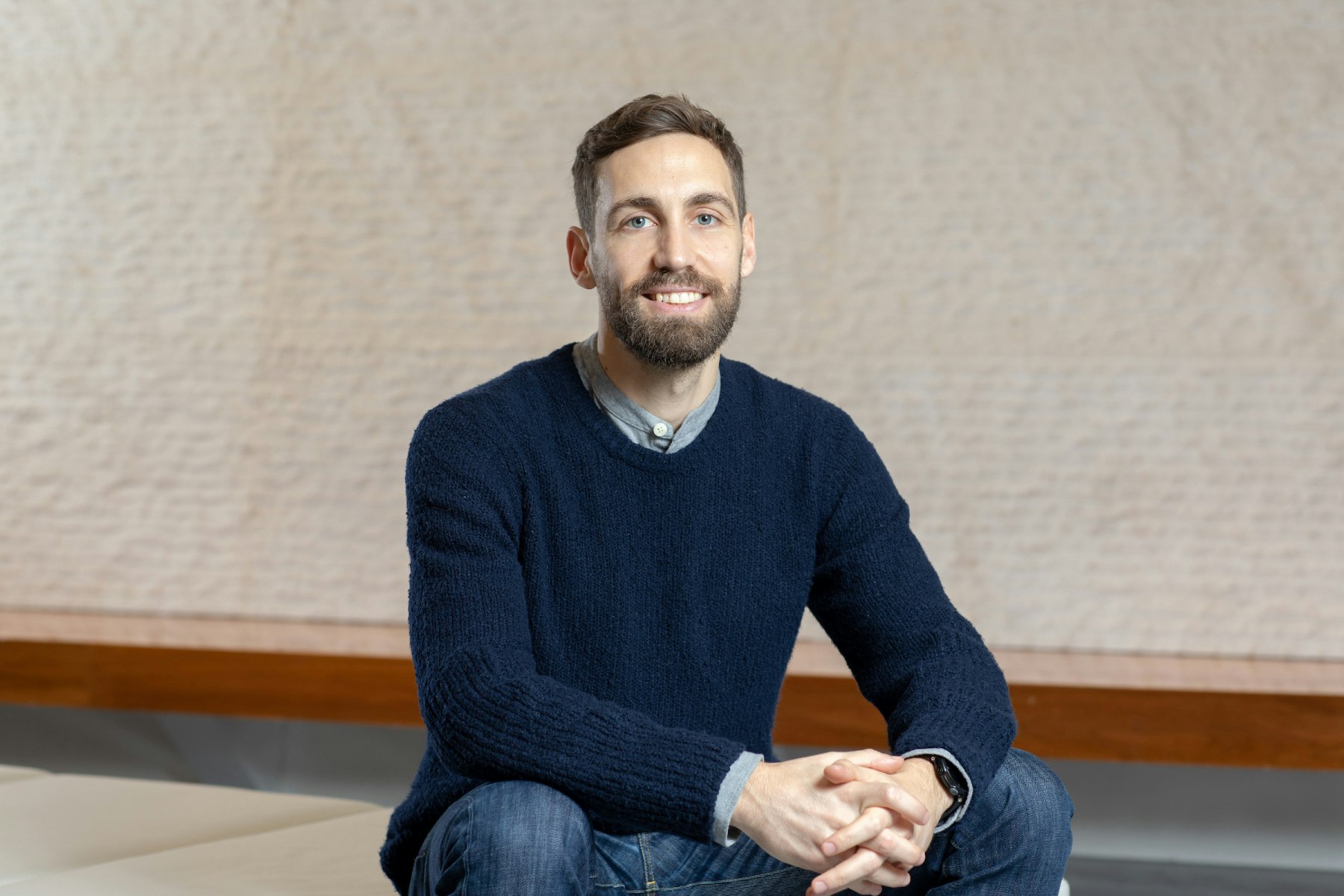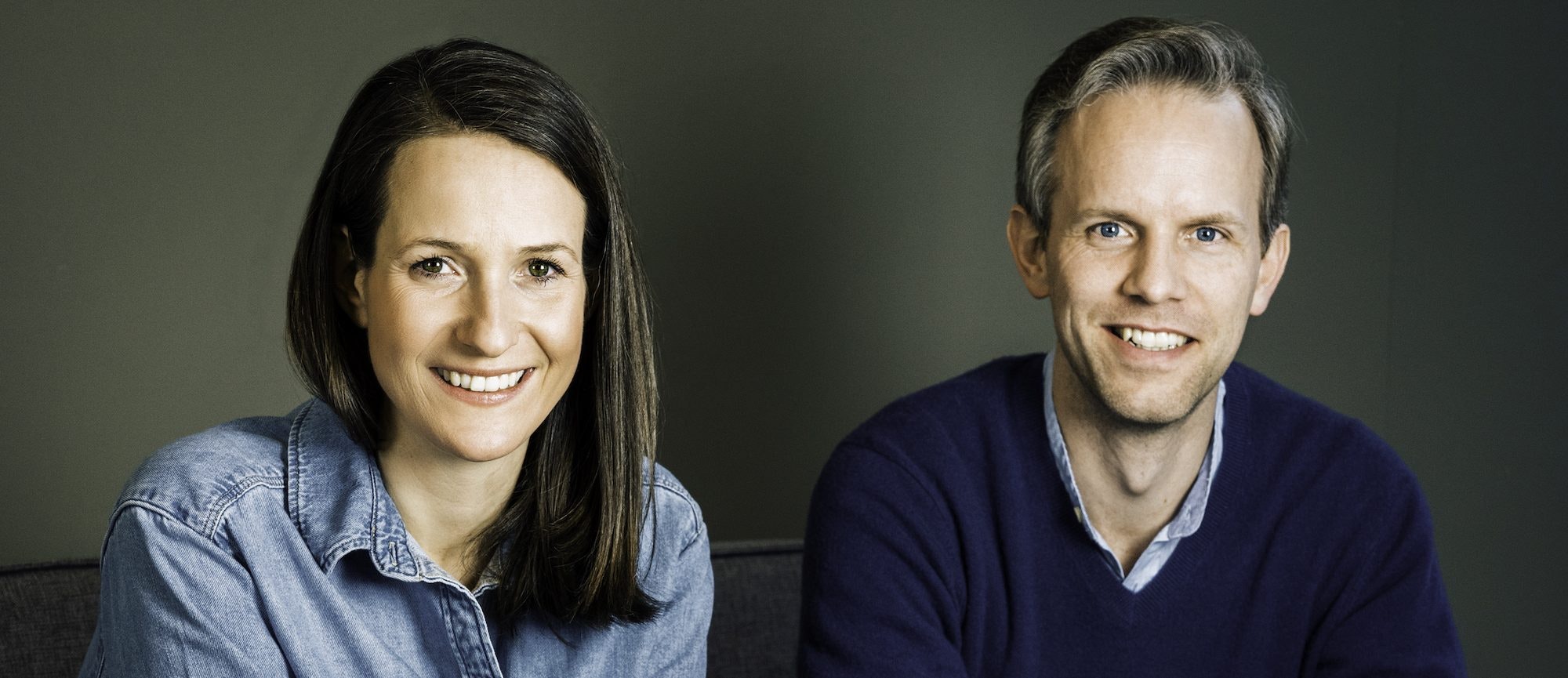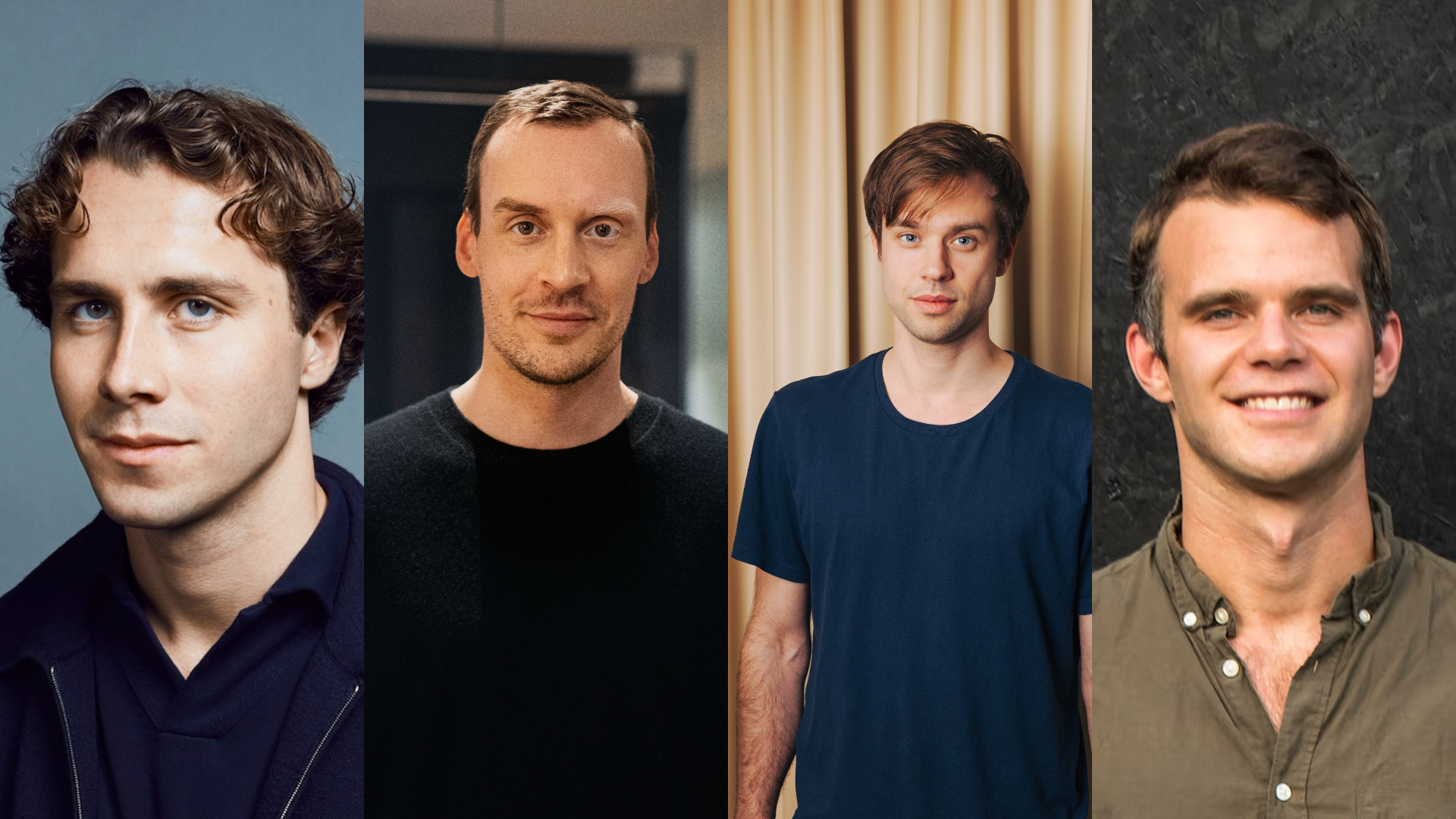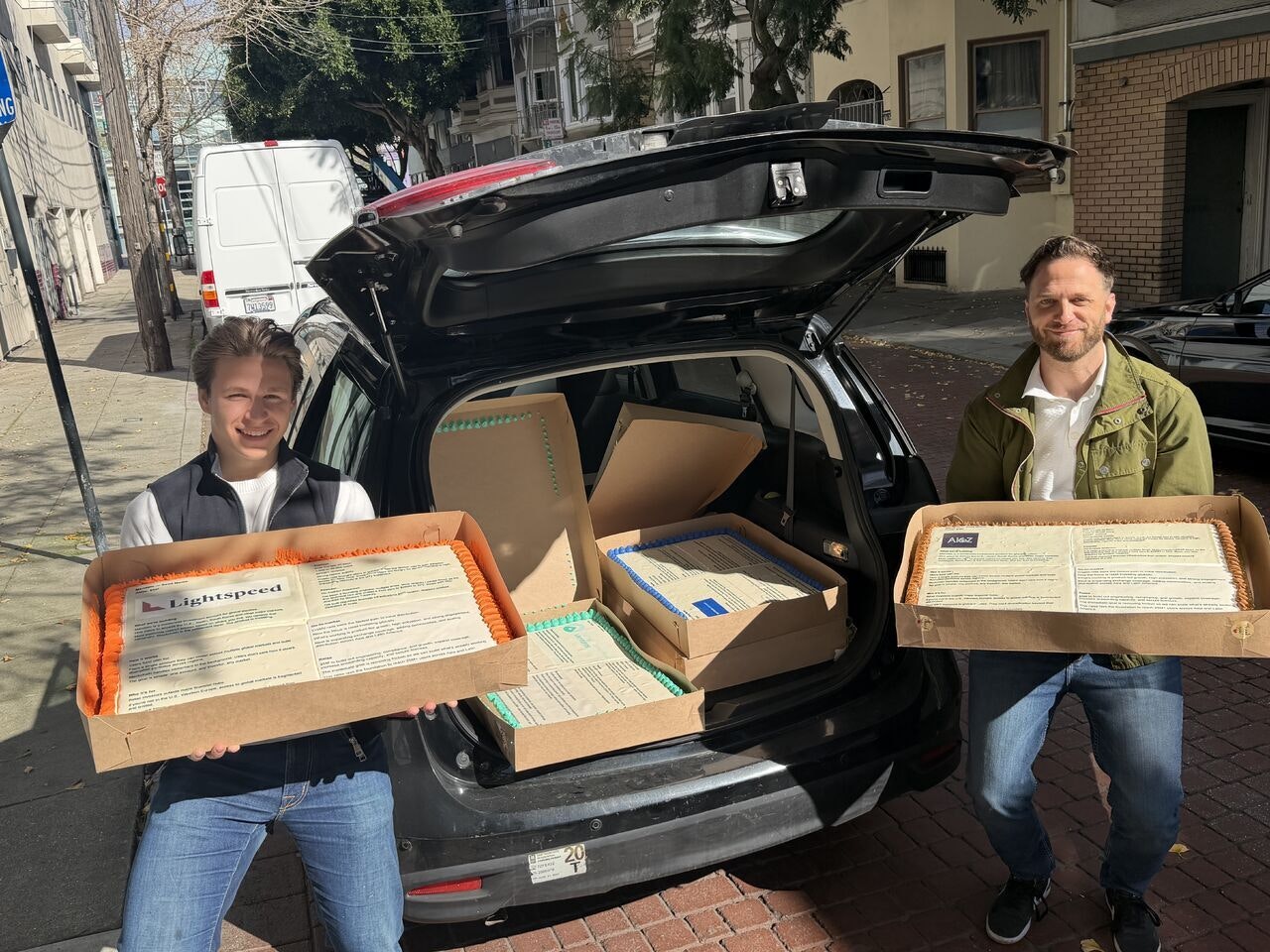In previous years, intrepid European founders seeking to crack the US market may have chosen Silicon Valley — the seat of some of the world’s most famous tech giants — as their destination of choice.
But now, the creative and cosmopolitan city of New York is luring in young startups eager to access capital and talent and grow their US customer bases — and there’s already a community of founders (and tons of WhatsApp groups) there waiting for them.
“There’s almost like this subculture of European founders in New York, so it’s very easy to meet folks there,” says Jenny von Podewils, cofounder of employee engagement startup Leapsome, which opened an office in the Big Apple in 2022.
“It’s a very livable city,” she adds. “It’s more similar to Europe in that you have a lot of diversity, a lot of cultural opportunities. I lived in the Bay Area for six months and it’s pretty much tech-focused. Whereas here, every other person you speak to is doing arts or media or some other exciting things.”
“I feel it’s just a bit more inspiring than the Bay Area.”
While Europe has its merits as a startup location, the benefits of expanding to the US are undeniable, founders tell Sifted. The market is huge, there’s much more capital — and, in New York, there’s a big appetite to build things.
The practicalities
In the last year, European tech darlings such as HR tech Personio and second-hand fashion marketplace Vestiaire Collective have opened offices in New York — as have notable VCs such as Index Ventures.
Time zone is one reason to choose New York over San Fran. Located on the East Coast, New York is six hours behind Paris and Berlin and five hours behind London, allowing teams on either side of the Atlantic to overlap throughout the day. San Francisco is a further three hours behind.
Ease of travel is another reason. For Delphine Groll, cofounder and COO of AI startup Nabla, which has offices in Paris and New York, it’s easy to hop between several US cities for work — such as Cleveland, Nashville, Las Vegas, Chicago and San Francisco — and jump on a direct flight back to Paris.
Many founders also come to New York for the talent. Personio opened an office in New York in September last year to tap into the city’s “substantial talent pool”, and make new hires across engineering, product, design and data, its CEO Hanno Renner told Sifted.
New York drew in more tech workers than any other US city last year, according to a report by VC firm SignalFire. The city posted a 3.6% net gain in tech talent, while San Francisco posted a net loss of 3.7%. Workers who left the San Francisco Bay Area were most likely to move to New York City, the analysis showed.
“I don’t think you always need to be in San Francisco anymore to have great access to talent as with Covid, a lot of talent is more dispersed across the US,” says Von Podewils, whose company's marketing, sales and customer success teams are predominately based in New York, while its product and engineering teams are in Europe.
New York has a solid tech ecosystem and hence good tech and go to market talent. It’s a city that attracts people
“New York has a solid tech ecosystem and hence good tech and go to market talent. It’s a city that attracts people.”
While companies of all stages, from seed to pre-IPO, are being drawn to New York, founders embarking on “fundamental AI work” might rather choose San Francisco which “is still the centre of the universe for now," says Index partner Martin Mignot, who runs a community of 200+ entrepreneurs in New York.
“The most cutting-edge research happens at Open AI, Google, Meta and Anthropic, which are all based there, as is NVIDIA which is the darling of the space, and so being based there is helpful to get access to the latest models, infrastructure, etc,” he says.
In 2023, more than 50% of all global venture funding for AI-related startups was plugged into companies based in the Bay Area, according to data from Crunchbase.
“Over time, I expect these models to commoditise and as a result, the access to cutting edge research to become less relevant — it will be a more level playing field for application developers wherever they are based in the world,” Mignot adds.

The communities
With a “budding community” of European founders already based in New York, it’s easy to get connected to fellow entrepreneurs, says Tao Tao, cofounder of German traveltech unicorn GetYourGuide, who used to be based in Berlin and moved to the company’s New York office, which had 25 people at the time, in January 2024.
“I was very surprised by how open people were to introduce me into their own communities, because so many people in New York are also transplanted and have not spent the last 20-30 years there,” says Tao, who plays football most weeks with a group of healthtech founders.
“You can find like-minded communities, and there are so many events and meetups of all colours, (whether) it’s sports-related, finance-related, startup-related, arts-related,” he adds. “For people looking to make connections, it’s definitely one of the easiest places in the world.”
Nabla’s Groll says that when she moved to New York two months ago, she had an almost overwhelming number of people reach out to her offering help, advice and coffee dates — which is something she wasn’t too familiar with living in France.
“If someone is new in this country, everybody wants to help you. They invite you for a coffee, a drink. When you have children they send you five invitations for play dates. It’s a very welcoming culture here and it’s not like that in France,” she adds.
There are WhatsApp groups for nearly everything: Groll says one of the best groups for French founders who want to expand to the US is called The Galion Project. She’s also in a WhatsApp group with other French founders, who have helped her with personal matters such as deciding which neighbourhood to live in, which schools to enroll her children in and where to find childcare support.

Founder-to-founder support
Von Podewils says she regularly has European founders reach out to her asking questions about her move to New York. “There’s two kinds of conversations: there’s moving the company and moving yourself,” she says.
“Obviously there’s a lot of questions about how you launch your business in the US like: what product changes did you have to do? How do you test your go-to-market approaches? Where do you find an office?” she says, adding that setting up all the legal and tax structures for a business can be challenging for founders in New York.
But there’s also practical questions around securing the all-important visas, which founders tell Sifted can be quite the ordeal.
“I would have liked less paperwork and faster processing,” says Groll, who had to wait six months to secure a visa, having applied during the Paris Olympics which “paralysed US consular services for months”.
Getting social security numbers is also not easy, she adds. “You have to be in the US to apply for it, there are weeks of waiting and without it, it's difficult to open a US bank account or to get home insurance for instance.”
The New York pipe dream
Many startups that move to New York have felt a pull from the US market: for example, because a large part of their customer base is there, or because key investors or policymakers live in the city. Some of the most notable VCs in New York include Union Square Ventures, Insight Partners and Tiger Global Management.
With New York being one of the top ten priciest cities in the world, it’s not the kind of place where you can turn up on a whim.
You come because you're hungry and because you believe in yourself, so you have very, very big ambitions. Otherwise, why go to New York?
“Because New York is just so prohibitively expensive, everybody has to be incredibly serious and incredibly good at what they do,” says Tao. “You come because you're hungry and because you believe in yourself, so you have very, very big ambitions. Otherwise, why go to New York?”
Tao says it’s not uncommon for founders to move to New York and sleep on a friend’s couch while setting up their business, as the cost of apartment rentals is extortionate.
“I’ve met people who… don't only share an apartment, they share a room, and then just have a curtain in the room so they split the room,” he says. “That is a real commitment to the craft.”
But while the cost of living might be a barrier for European founders seeking to set up shop in New York, being embedded in an entrepreneurial milieu of people pursuing projects and business ideas creates an energetic and inspiring environment to be in.
“In the US, almost everybody has a side project and is trying to start a business. They cheer people on who start something new,” says Tao, comparing the country to Germany where the appetite for risk is lower.
“There is just more of a spirit of building things in the US.”



